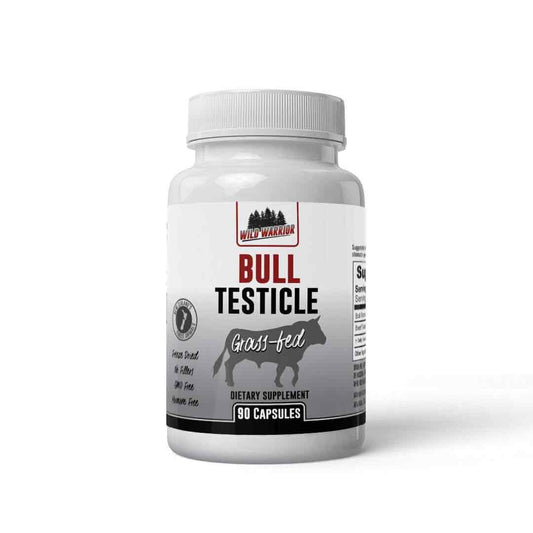In part 2 of our series on rucking, we thought we would highlight the many ways we feel rucking is better than running (at least for folks over 35). While running has long been heralded as a go-to cardio exercise for fat loss, rucking is quickly gaining ground as a preferred alternative for many. Here are ten compelling reasons why rucking is better than running for the long haul
1. Lower Impact on Joints
Rucking provides a rigorous workout with significantly less impact on your knees, ankles, and hips compared to running. This makes it a sustainable fitness activity that you can continue for years without the same risk of joint wear and tear.
2. Increased Strength Training
The added weight of a ruck sack turns your walk into a full-body strength session, targeting your core, shoulders, back, and legs. Unlike running, which primarily focuses on cardiovascular endurance, rucking builds muscle and enhances strength.
3. Improved Posture
Carrying a weighted backpack requires you to maintain good posture to balance the load, naturally strengthening your lower back and shoulder muscles. This contrasts with running, where slumping and poor form can sometimes go unchecked.
After a few months of rucking 1 to 2 times per week, you will notice a significant difference in the thickness of your upper back and traps.
4. Burns More Calories
Thanks to the extra weight you're carrying, rucking torches calories at an impressive rate. In fact, you can expect to burn up to twice the calories you would while walking the same distance, and even more compared to running shorter distances.
5. Accessibility and Ease
Rucking doesn’t demand the high levels of cardiovascular fitness that running does, making it accessible to a broader range of fitness levels. Plus, all you need to get started is a sturdy backpack and some weight, no special equipment required.
There are tons of expensive ruck packs available online, but you really do not need them. Just a small hiking bag and a dumbbell wrapped in a towel is all you need. Even a few rocks will work just fine.
6. Versatility
You can ruck anywhere - urban streets, trails, or mountains. The change in terrain not only keeps your workouts interesting but also challenges different muscle groups, enhancing the workout's overall effectiveness.
It is also easy to do on vacation.
7. Mental Health Benefits
The steadier pace of rucking allows for mindfulness and reflection, offering significant mental health benefits. The act of carrying a load has been described as meditative, providing stress relief in a way that high-intensity running might not.
8. Enhanced Endurance
The endurance built through rucking is two-fold: muscular and cardiovascular. This comprehensive approach to building stamina ensures that your body is well-prepared for a variety of physical challenges beyond just pounding the pavement.
9. Community and Camaraderie
The rucking community is known for its inclusivity and team-oriented mindset, often organizing group rucks that foster a sense of camaraderie. While running groups exist, the shared challenge of carrying weight in rucking creates a unique bond among participants.
You do not have to join a rucking group to enjoy the activity. Just know that there are fitness groups out there that attempt intense rucking challenges as a team.
10. Prepares You for Real-Life Challenges
The functional fitness gained from rucking prepares you for real-world physical tasks in a way that running cannot. Whether it’s carrying groceries, picking up kids, or moving furniture, rucking trains your body for the activities of daily life.
So, while running certainly has its merits, rucking offers a compelling list of benefits that cater to both the body and mind, making it better than running (IOO).
Its low impact nature, combined with the ability to build strength, burn calories, and build muscle, makes rucking a standout choice for anyone looking to enhance their fitness routine.





